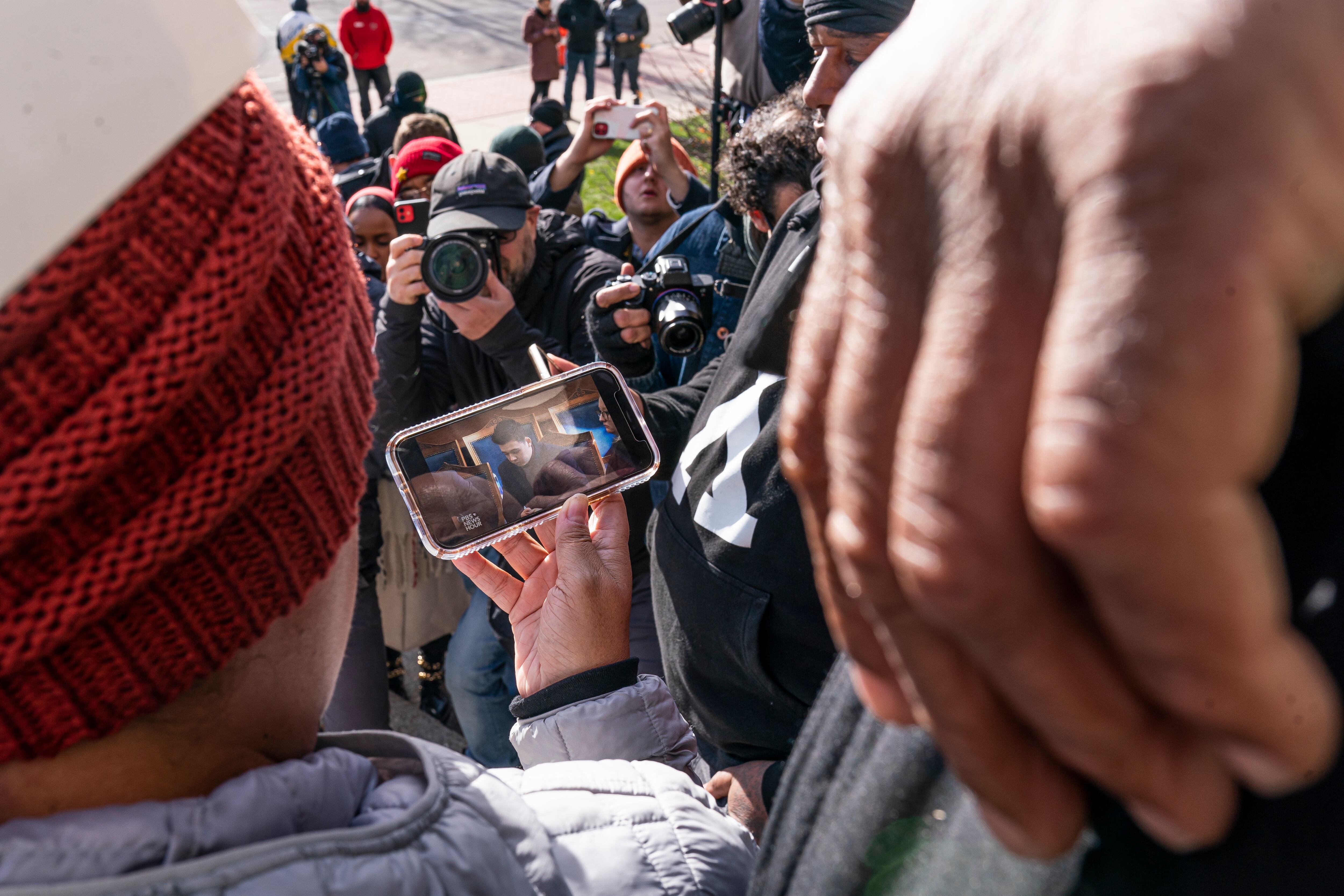The news spread quickly Friday afternoon, in push alerts, on social media, and across TV news banners: Kyle Rittenhouse was found not guilty on all charges in the shootings of three people during a protest over police violence against Black people in Kenosha, Wisconsin.
In schools, the verdict in the divisive case will lead to potentially difficult conversations in the classroom in the coming days. For some students, especially students of color, the verdict has caused anger and frustration, another example of how white Americans are treated differently in courtrooms. It’s likely adding another layer of emotional weight onto an already challenging school year.
At Chalkbeat, we want to know how this news is affecting your students and classroom discussions. Educators, how do you plan to handle questions about the verdict? Will your choices about how to handle this moment feel different in the wake of legislation in several states restricting how educators discuss racism in the classroom? Do you have advice to share?
We know it’s a heavy time. Please fill out the form below if you feel comfortable sharing your thoughts with us, or go here if you are on a mobile device. Your responses will help guide our coverage.






